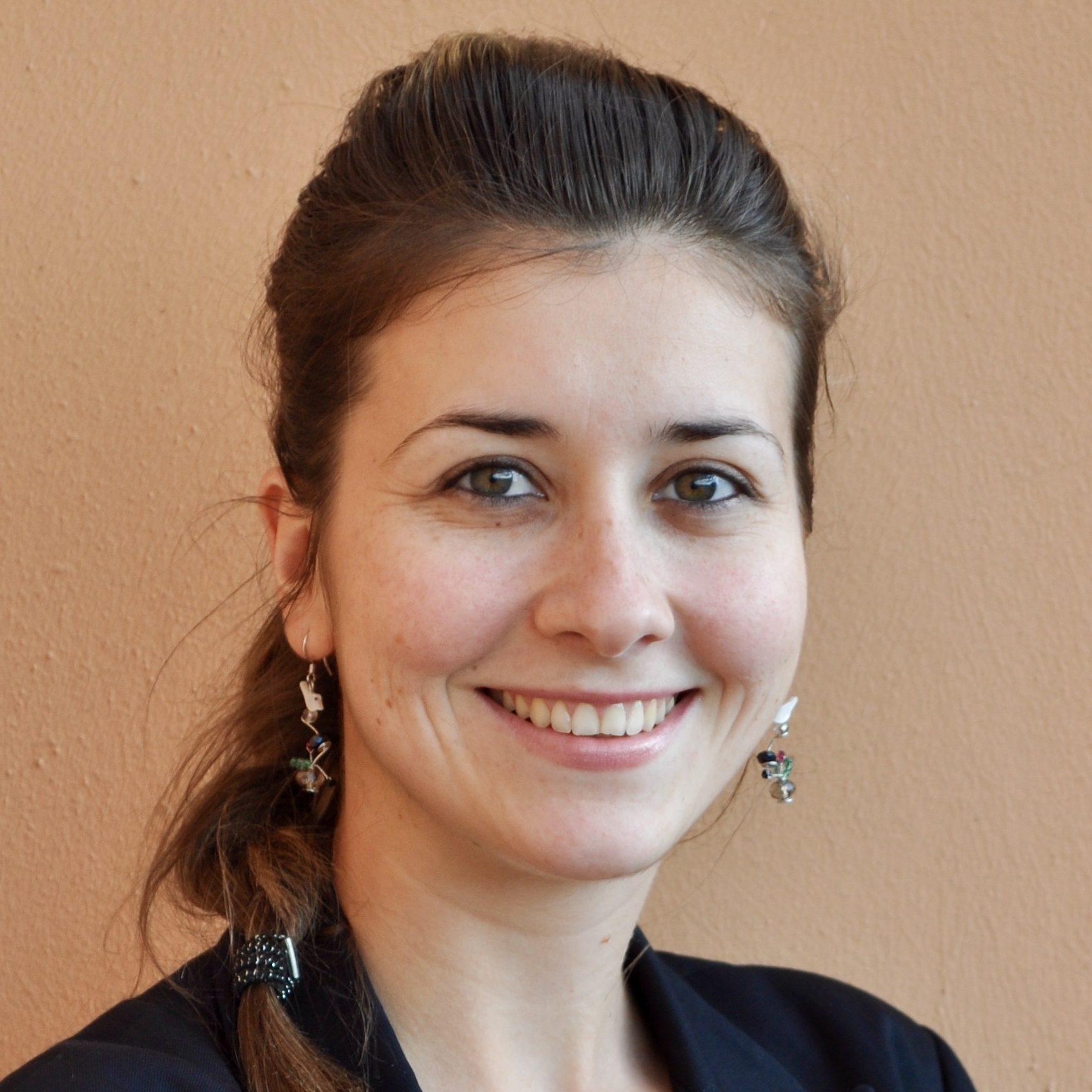Below is a translation of ASD Program Manager Nad’a Kovalcikova’s interview in German with Bild. Kovalcikova discussed Russian disinformation in Europe ahead of the 2019 European Parliament elections. The title of the interview is “So mischt Putin bei der Europawahl mit.”
BILD: What are the main disinformation stories before the European Parliament elections on May 26?
NK: For starters, the stories haven’t changed much compared to past elections because disinformation campaigns are carried out over long periods of time in order to be effective. They are usually linked to national or regional issues. One example is migration, because this topic belongs among the most divisive within some societies. Corruption is another exploited topic in many countries. An impression is generated that single politicians or the whole system of the European Union is foul from the inside. Nationalism and populism are being further reinforced through disinformation campaigns.
BILD: And what instruments are being used? “Only” social media or others as well?
NK: The tools are constantly evolving and used in an interconnected way. We found out that disinformation campaigns go hand in hand with cyber-attacks and malign financing of anti-EU parties and radical groups. We want to emphasize that all of these methods are part of a coordinated approach.
BILD: To what extent does the disinformation come from the left and right spectrum within the EU and to what extent from actors outside of the EU?
NK: We are actually seeing a whole range of actors that operate these campaigns and they come from the whole political spectrum. So you cannot say “there is something coming only from the left or right.” Many actors involved in disinformation campaigns also do so unintentionally and unwittingly. There are examples from all sides. Russia often amplifies disinformation or divisive narratives that originate within the EU, from both right and left.
BILD: You talked about Russia. What are Russia’s goals for the European Parliament elections and do you think that Putin can achieve them?
NK: Russia has already been successful in its efforts to heighten the distrust toward the EU as a whole. Indeed, people are already asking themselves what is true, what is false, who tells the truth, whether we should refuse the whole system, or whether we should even vote at all? Putin’s objective was to make Europeans question their democratic system, which the Kremlin and its proxies have already achieved by fostering social division and by undermining trust in established institutions. At the same time, it is part of a long-term campaign that they will sustain. As I have said, the tools evolve and the different actors of the disinformation campaign continue to learn from one another.
BILD: What can the EU do in order to stop this trend of declining trust through disinformation campaigns and hostile interference?
NK: Europe is already more active than any other continent when it comes to these issues and has taken various legal and non-binding steps. The European External Action Service’s “mythbusters” and its corresponding plan of action are good examples. For instance, cooperation with actors such as NATO with expertise in countering disinformation campaigns, with non-EU countries, and with the private sector are good steps forward. Having said this, we promote more robust voluntary self-regulation of social media to assess what these self-regulatory measures can achieve. We also promote the implementation of regulatory solutions in fields such as data protection. Overall you can’t say “this works, and this doesn’t” in advance. In addition, we advocate increased coordination between the important actors. This happens more or less depending on the EU member states. We also want to help civil society actors have a bigger say and be better integrated in decision-making processes at the national and European levels.


